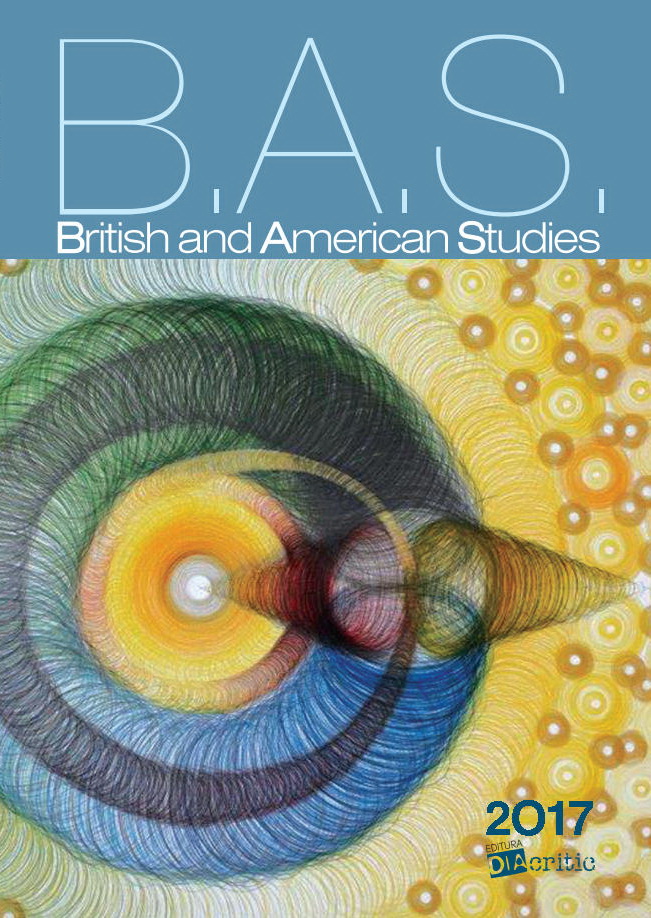FROM SPLIT SELF TO SELF UNIFIED: TRAVELLING TO THE HOLY LAND IN MURIEL SPARK’S NOVEL THE MANDELBAUM GATE
FROM SPLIT SELF TO SELF UNIFIED: TRAVELLING TO THE HOLY LAND IN MURIEL SPARK’S NOVEL THE MANDELBAUM GATE
Author(s): Anna WalczukSubject(s): Language and Literature Studies, Studies of Literature
Published by: Editura Universităţii de Vest din Timişoara / Diacritic Timisoara
Keywords: pilgrimage;multiculturalism;division;identity;novel;
Summary/Abstract: The Mandelbaum Gate holds a special place among Muriel Spark’s novels not only on account of its length and rather traditional narrative structure, but also for its autobiographic reverberations. The main female protagonist, Barbara Vaughan, who struggles with the question ‘who am I?’, is a Roman Catholic convert, torn between her Jewish and Christian parentage and trying to restore her personal integrity in the midst of epistemological chaos. The aim of the article is to demonstrate how the journey through the conflict-ridden Jerusalem assists the protagonist in arriving at her own integrated and reconciled self. The multicultural Holy Land, where the sacred and the profane exist side by side, and truth gets intertwined with lies, becomes a testing ground for Barbara’s personal identity which is gradually being rescued from the traps of indefiniteness and excruciating rifts. Muriel Spark’s quest for her own voice in fiction runs parallel to Barbara’s journey towards her unified self. Hence the article also proposes to look upon The Mandelbaum Gate in terms of the novelist’s coming to grips with her own formula of fiction, viewed as a literary mode of telling lies in order to reach truth.
Journal: B.A.S. British and American Studies
- Issue Year: 2017
- Issue No: 23
- Page Range: 51-63
- Page Count: 13
- Language: English

